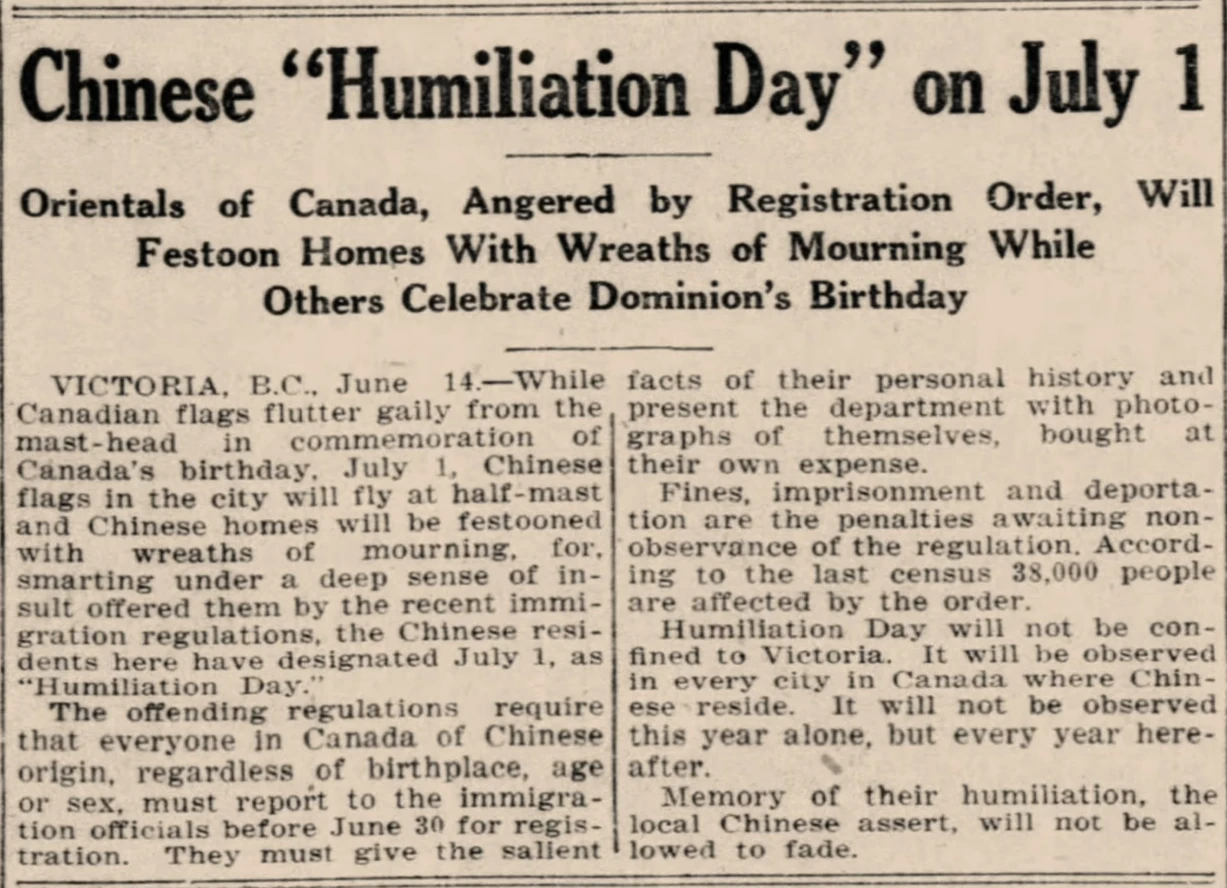
Jul 1, 1923
Humiliation Day: Chinese Exclusion Act Enacted (July 1st - Dominion/Canada Day)
July 1, 1923, marked the enactment of the Chinese Immigration Act, known as the Chinese Exclusion Act—a date mournfully etched in Chinese Canadian history as 'Humiliation Day.' This legislation replaced earlier head taxes with an almost complete ban on Chinese immigration, lasting for 24 years until its repeal in 1947. The Act's implementation on Dominion Day (now Canada Day), which originated on July 1, 1867, was a cruel irony, underscoring the community's legislated exclusion and the profound discrimination they faced. It tore families apart, prevented reunification, and created immense hardship and isolation for Chinese individuals already in Canada and those hoping to immigrate. The Chinese Exclusion Act was the culmination of decades of racist policies designed to limit the Chinese presence in Canada, profoundly shaping the demographic and social fabric of the Chinese Canadian community for generations. In stark contrast to this historical injustice, and as a testament to resilience and remembrance, July 1st also sees significant commemorative activities. For instance, the Chinese Railroad Workers Memorial in Toronto, shaped like part of a railway trestle, serves as a vital landmark. Annually on Canada Day, the Foundation to Commemorate the Chinese Railroad Workers in Canada (FCCRWC) hosts an impressive rededication ceremony there, drawing hundreds to acknowledge the Chinese community's crucial contribution to building the transcontinental railway. In addition, for Indigenous peoples, July 1st may marks a day of mourning and a stark reminder of the ongoing impacts of settler colonialism, including land dispossession, forced assimilation, and systemic injustices that continue to affect their communities.
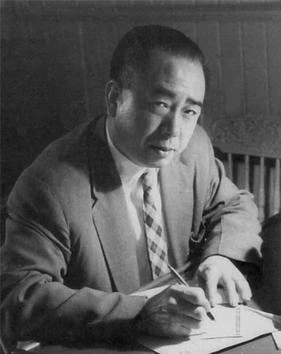
Jul 7, 1899
Wong Foon Sien: 'Mayor of Chinatown' & Rights Advocate
Born in Guangdong, China, on July 7, 1899, Wong Foon Sien (黃寬先) was a prominent Chinese Canadian advocate. After moving as a child to Cumberland, British Columbia, he studied at the University of British Columbia. He faced significant systemic discrimination: racist laws denied him the right to vote, and as a direct consequence of this disenfranchisement, he was also barred from entering professions such as law and pharmacy, for which suffrage was a prerequisite. His efforts were pivotal in the successful campaign to grant Chinese Canadians the right to vote and to repeal the Exclusion Act in 1947. Foon Sien continued to fight for immigration rights throughout his life, helping to reunite families and improve the status of Chinese Canadians. Known as the “Mayor of Chinatown,” he united diverse community groups and influenced policy reforms. Recognized posthumously for his contributions, he was designated a Person of National Historic Significance in 2008, with a commemorative plaque installed on East Pender Street in Vancouver in 2011 to honour him.
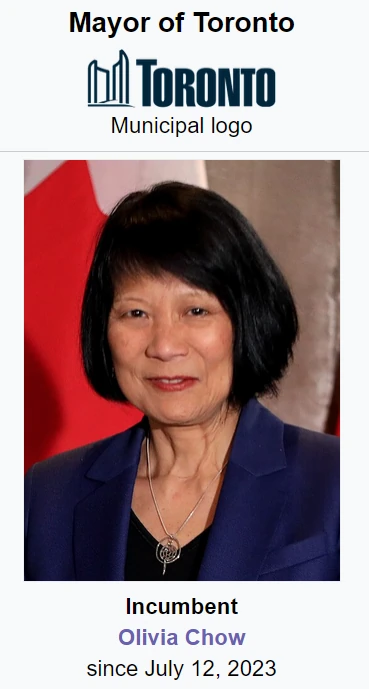
Jul 12, 2023
Olivia Chow: Toronto's First Chinese Canadian & Woman of Colour Mayor
July 12, 2023, Olivia Chow was officially sworn in as the 66th Mayor of Toronto, a historic moment for the city and for Chinese Canadians. She became the first person of Chinese descent and the first woman of colour to hold Toronto's top municipal office, marking a significant milestone in representation in Canadian politics. Chow, a progressive politician with a long history as an NDP Member of Parliament and Toronto city councillor, campaigned on a platform focused on addressing housing affordability, improving public transit, and enhancing community services. Her election was seen by many as a breakthrough, reflecting the evolving diversity of Toronto and providing a prominent voice for various communities, including Chinese Canadians, at the highest level of municipal government.
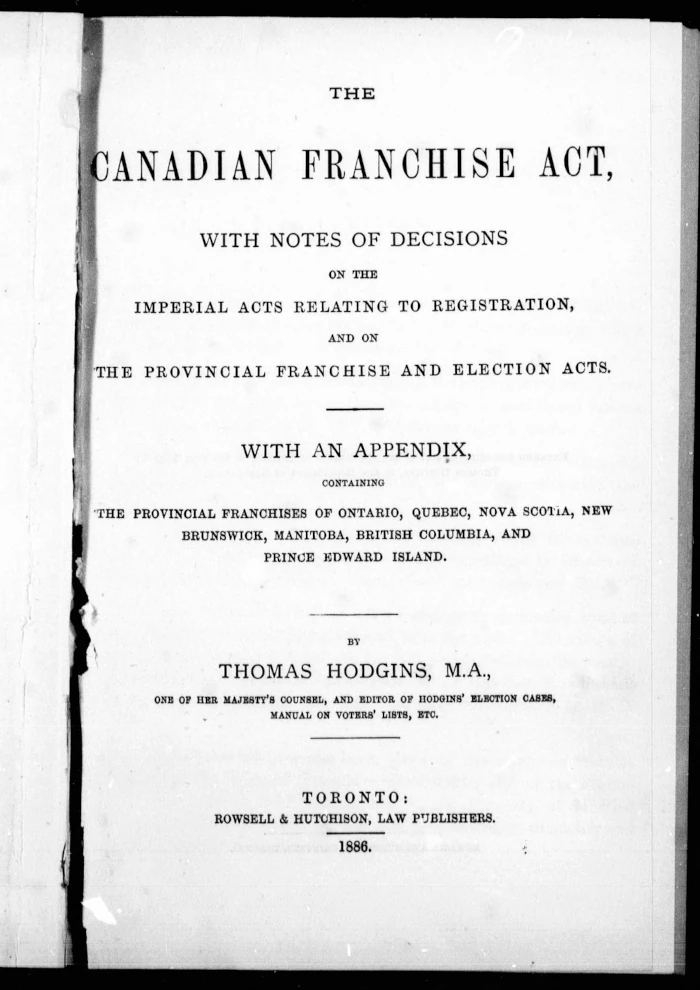
Jul 20, 1885
Chinese Federally Disenfranchised
July 20, 1885, the Electoral Franchise Act received Royal Assent, federally disenfranchising persons of Chinese origin in Canada. This discriminatory law barred Chinese Canadians from voting in federal elections. These rights were restored in 1947 when the discriminatory clauses in federal election law were repealed. This exclusion persisted for over six decades.
State Oppression
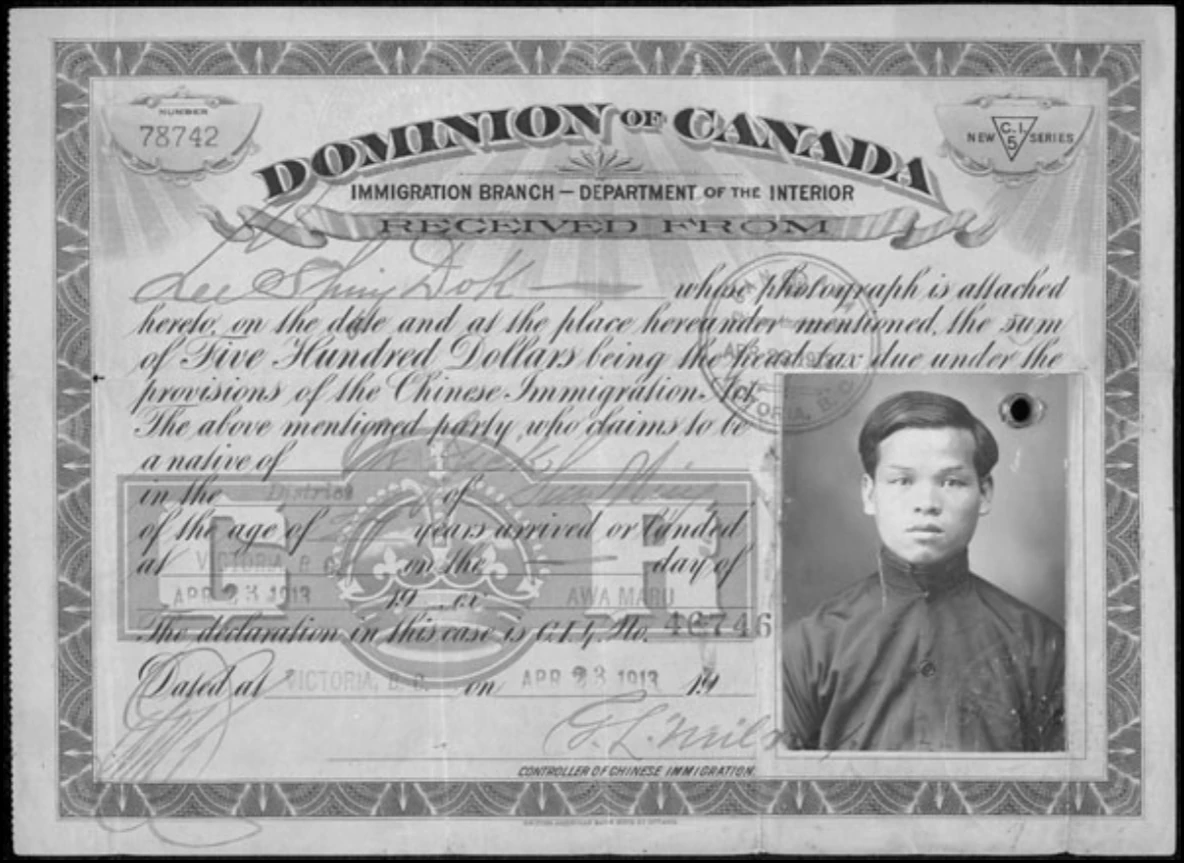
Jul 20, 1885
Introduction of the Chinese Head Tax in Canada
July 20, 1885, Canada introduced the Chinese Head Tax, requiring Chinese immigrants to pay a fee to enter. It aimed to limit immigration after their railway work. The tax, initially $50, rose to $500 by 1903, devastating families and preventing reunification until the 1923 Exclusion Act replaced it, almost completely banning Chinese immigration until 1947. This policy inflicted severe hardship and discrimination, profoundly impacting the Chinese Canadian community's formation and legacy, leaving a lasting mark of injustice that took decades to formally acknowledge and address.
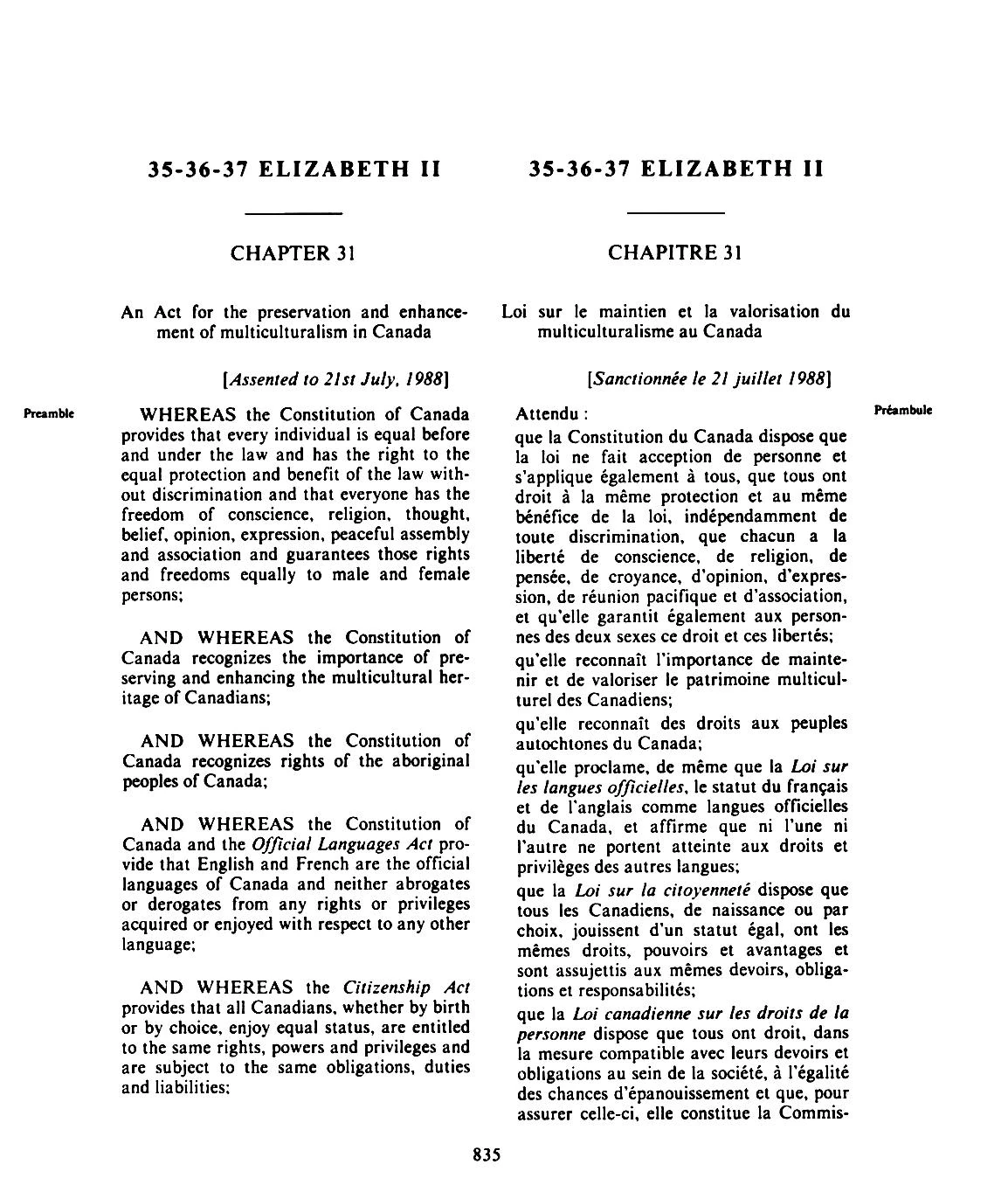
Jul 21, 1988
Canadian Multiculturalism Act Enacted
July 21, 1988, the Canadian Multiculturalism Act was enacted, formalizing multiculturalism as a fundamental characteristic of Canadian identity. This landmark legislation was highly significant for Chinese Canadians and other ethnic minority groups. It legally affirmed the value of all citizens regardless of origin, language, or religion, aiming to preserve and enhance Canada's multicultural heritage. For Chinese Canadians, who had endured decades of discriminatory legislation like the Head Tax and Exclusion Act, this Act represented a formal commitment by the government to combat discrimination, promote equitable participation, and recognize their contributions to Canadian society. It provided a legal framework for multicultural policies, fostering a more inclusive environment.
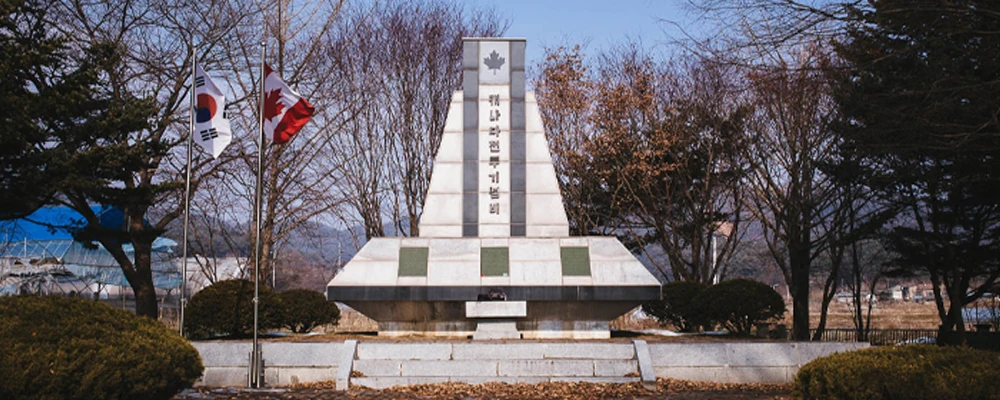
Jul 27, 1953
Korean War Veterans Day in Canada
The Korean War armistice was signed on July 27, 1953. Since 2013, Canada has officially observed this date as Korean War Veterans Day, honouring the 26,791 Canadians who served—including 516 who died—and peacekeepers post-armistice. After WWI and WWII, Korea remains Canada's third-bloodiest overseas conflict. The war's origins were complex, stemming from decades of Japanese colonial rule, the post-WWII division of Korea by Allied powers, and intense internal political struggles. Pre-existing civil conflict and desires for reunification, exacerbated by foreign intervention, contributed significantly to the full-scale war in 1950. Chinese Canadians also served in this conflict, building on a legacy of military involvement. This annual commemoration, while honouring veterans, also prompts reflection on these multifaceted beginnings. It affirms Canada's commitment to democracy, peace, and human rights—ideals notably opposed by North Korea and its allies. For all Canadians, including Chinese Canadians, participation in such remembrance is a vital way to demonstrate adherence to these core Canadian values. It educates younger generations on sacrifices for democracy, the courage to stand against injustice, and the importance of active citizenship. It's also a historical reminder that the Korean War marked the only time Canada and the People's Republic of China faced each other in direct, de facto combat, adding layers to the remembrance for some.
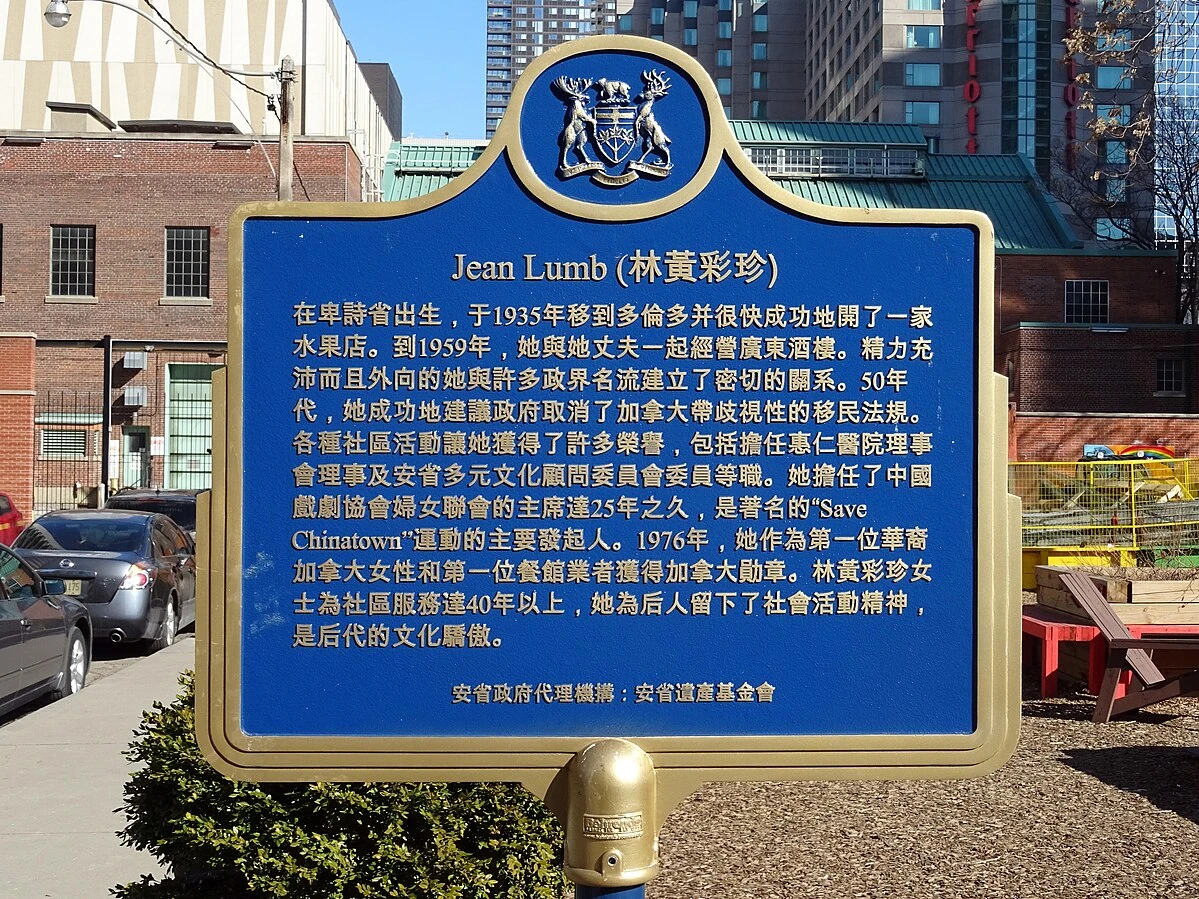
Jul 30, 1919
Jean B. Lumb: Community Advocate & Order of Canada Recipient
Born on July 30, 1919, in Nanaimo, BC, Jean B. Lumb (林黃彩珍) was a pivotal figure in advocating for Chinese Canadian rights. Despite being Canadian-born, she faced discriminatory pre-1947 nationality laws under which a Canadian woman marrying a non-British subject could lose her British subject status. Her later advocacy work included, in 1957, being the sole woman in a delegation to Ottawa that successfully pressed for the reform of discriminatory clauses in the Immigration Act that hindered family reunification for Chinese Canadians after the repeal of the Exclusion Act. She later led the "Save Chinatown" campaign to prevent the demolition of Toronto's historic Chinese community. On January 14, 1976, Jean B. Lumb and Peter Wing (吳榮添) became the first Chinese Canadians awarded the Order of Canada, a landmark recognition of her profound community service and work in breaking barriers.